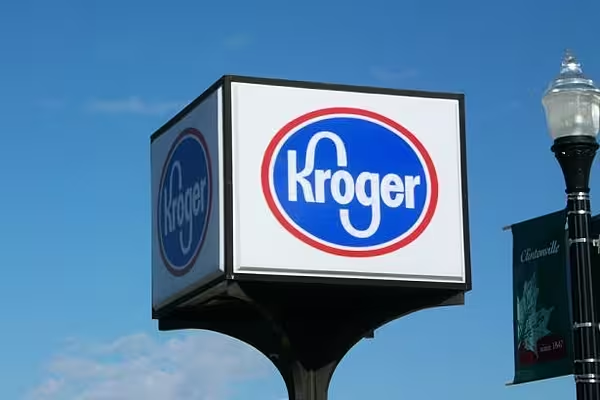A trial in which US anti-trust regulators made a case to block Kroger’s $25 billion bid to buy rival grocer Albertsons will conclude today, but legal challenges have just begun.
Two upcoming trials this month are set to hear complaints that the merger could increase grocery bills.
The US Federal Trade Commission and a coalition of states have spent the last three weeks in Portland, Oregon, trying to prove that the deal would harm shoppers and unionised retail workers.
By the time the case concludes today, the companies will be on day two of a trial in Seattle, Washington, where the state’s attorney general is challenging the deal.
A third trial will begin on 30 September in Denver, Colorado arguing the same issues.
Grocers Kroger and Albertson have spent $864 million in merger costs this year, and they oppose all three cases with Kroger arguing that the merger will result in lower prices and higher wages.
The company said in a statement, ‘Only global, non-unionised giants like Walmart, Amazon and Costco will benefit from the deal being blocked.’
In Washington state – where Attorney General Bob Ferguson went to trial to try block the deal on Monday – half of all grocery sales flow through one of the two chains and 124 stores are slated to shift to C&S if the merger proceeds.
In addition to arguing that the merger would raise prices and diminish choices for shoppers, Ferguson argued that it will make it easier for Kroger to close unionised stores and reopen them as non-union stores.
Competition
Colorado, meanwhile, has sued to block the merger over concerns from shoppers, workers and local farmers who supply both chains.
Attorney General Phil Weiser said in a recent interview, “Colorado cares about having local food, and that is an area where these two companies compete against each other.
“It’s important to farmers.”
At the Oregon trial, the FTC and a coalition of eight states plus Washington DC called grocery executives, union leaders and economists as witnesses in an effort to show the deal is likely to drive up prices and diminish workers’ bargaining power by eliminating head-to-head competition between the chains.
The two grocers sought to show the deal was necessary to lower prices at Albertsons and to enable both chains to compete with Walmart.
Kroger has said no stores will be closed as a result of the merger, but that would not prevent stores being closed or consolidated down the road.
Read More: Primark Opens Store In Orlando, Florida, As It Celebrates 55 Years In Ireland





